The "insurance capital" forces, once keen on real estate equity investment, are now continuously retreating.
On April 7, Financial Street announced that on April 3, 2024, it received a "Notice Letter to Financial Street Holdings Co., Ltd." from its shareholder, Dazhong Life Insurance Co., Ltd., involving the reduction of shares.
Dazhong Life Insurance, formerly known as Anbang Life Insurance, ranks third among the major shareholders of Financial Street, with its top two shareholders being Beijing Financial Street Investment (Group) Co., Ltd. and Harmony Health Insurance Co., Ltd. - Universal Product.
The announcement shows that as early as September 5, 2021, Dazhong Life Insurance still held 421,555,101 common shares of Financial Street, accounting for 14.10% of Financial Street's total share capital, and then Dazhong Life Insurance made multiple reductions.
From September 6, 2021, to December 22, 2021, Dazhong Life Insurance reduced its holdings in Financial Street by 119,313,520 shares through centralized bidding and block trading, accounting for 3.99% of Financial Street's total share capital, and has completed the notification and announcement of the change in shareholding.
The most recent reduction occurred from March 19, 2024, to April 2, 2024, when Dazhong Life Insurance cumulatively reduced its holdings in Financial Street by 30,132,980 shares through centralized bidding, accounting for 1.01% of Financial Street's total share capital.
In terms of the amount of reduction, in March of this year, Dazhong Life Insurance publicly sold 27,642,152 shares of Financial Street, with a transaction price range of 3.09 yuan/share to 3.37 yuan/share; in April, it continued to sell 2,490,828 shares of Financial Street, with a transaction price range of 3.09 yuan/share to 3.16 yuan/share; a total of about 93 million to 101 million yuan was cashed out.
After the completion of this share transfer, Dazhong Life Insurance Co., Ltd. holds 272,108,601 shares of Financial Street, with a shareholding ratio of 9.10%. The controlling shareholder and actual controller of Financial Street have not changed before and after the change in equity.
Dazhong Life Insurance is a familiar investor in the "real estate circle" and once held a heavy position in Gemdale Group, but it also made a large reduction, holding 43.6509 million shares of Gemdale Group by the end of 2023, with a shareholding ratio of 0.97%, and reducing about 120 million shares within the year. In addition, Dazhong Life Insurance also holds shares in COFCO Property, being the second-largest shareholder by shareholding ratio.
From collective heavy positions to the current intensive "withdrawal," there are industry common reasons for the "love and hate" between insurance capital and real estate stocks.CRIC Research Report indicates that insurance funds have been entering the real estate market for nearly 20 years, forming various cooperation models, including equity investment by bidding for listed companies, participating in public investment in public REITs, independently or jointly acquiring land through public markets for cooperation, and acquiring rental income from held real estate projects through four major types.
Heavy investment in real estate stocks began in 2004 when regulators first approved direct investment of insurance funds in the stock market. Between 2013 and 2015, as real estate entered a high prosperity cycle, real estate stocks, due to high dividend rates and low valuations, became a better choice for insurance funds to allocate assets. During this period, the industry saw several typical cases such as the "Struggle for Control of Gemdale" and the "Baowu Dispute."
In 2016, with the introduction of the "Notice on Regulating the Issuance and Management of Medium and Short-term Life Insurance Products," regulators began comprehensive and systematic strict management of the issuance and operation of universal insurance, which put an end to the phenomenon of "hostile acquisitions" by insurance funds.
"Since the second half of 2021, private enterprises have been facing risks one after another, market confidence has been insufficient, and the real estate fundamentals have deteriorated, leading to a gradual reduction in real estate stocks by insurance funds," CRIC stated. According to incomplete statistics, Taikang, Dajia, Junkang, Harmony, Huaxia, and Sunlife have all sold real estate stocks, with减持对象 including Vanke, China Merchants Shekou, Overseas Chinese Town, Poly, and Gemdale.
For instance, on November 13 last year, Poly Development published an announcement on the results of concentrated bidding for the reduction of shares by shareholders, showing that Taikang Life reduced its holdings by 0.74% of the total share capital, with the holding ratio dropping to 6.31%. At the end of last year, Ping An also publicly stated that it does not currently hold shares in Country Garden, while public information shows that as of the end of June 2023, Ping An was still on the list of Country Garden shareholders, with a holding ratio of 5.04%.
"At present, the enthusiasm of insurance funds for the real estate sector is not high, and the sector's valuation has been at a historical low for a long time. Based on judgments of the overall stock market and individual stocks, insurance funds have adjusted their positions, clearing out real estate stocks facing risks and reducing some stocks with performance and profit pressure," CRIC said.
Financial Street, which was reduced by Dajia Life, is also under performance pressure. The company's 2023 performance has not yet been released, but looking at its past data, Financial Street's operating income in 2022 was 20.51 billion yuan, a year-on-year decrease of 15.11%; the net profit attributable to shareholders of the listed company was 846 million yuan, a year-on-year decrease of 48.48%; after deducting non-recurring gains and losses, there was a loss of -348 million yuan, a year-on-year decrease of 178.19%.
It is worth noting that although there have been frequent reductions, from an absolute overall scale, the position of insurance funds in real estate stocks is not low. CRIC stated that by the end of 2023, there were still 21 real estate stocks with insurance funds among the top ten shareholders, with 13 real estate stocks with insurance funds holding more than 5% of the shares. At the end of 2020, the number of stocks with insurance funds holding more than 5% was only 14.
"At the current point, the position of insurance funds in real estate stocks is not low. Insurance funds pursue absolute returns and the safety of funds, and the characteristics of high dividends and low valuation of real estate stocks are highly consistent with their investment logic. If subsequent policies take effect and the market warms up, the attention of insurance funds to real estate stocks is expected to form a new round of reflow," CRIC believes.
However, compared with holding real estate stocks, investing in large real estate is more attractive to insurance funds. In recent years, real estate companies have frequently sold assets due to funding issues, and insurance funds have entered the market to "bottom fish," continuously investing in large real estate projects. Taking Ping An Life as an example, according to the statistics disclosed on the website of the China Insurance Industry Association, its total investment in five large real estate projects has reached 54.951 billion yuan.Industry insiders believe that as the real estate industry enters a period of deep adjustment, the investment preferences of insurance capital have also shifted from corporate bonds and real estate stock investments to property rights investments in real estate projects. Multiple insurance companies, including Ping An, China Life, Taikang, and China Post, have concentrated their entry into the market, increasing their investments in long-term high-quality projects such as commercial complexes, office buildings, logistics and warehousing, industrial parks, and retirement communities. In the future, the investment of insurance capital in real estate will continue to focus on the real estate sector.

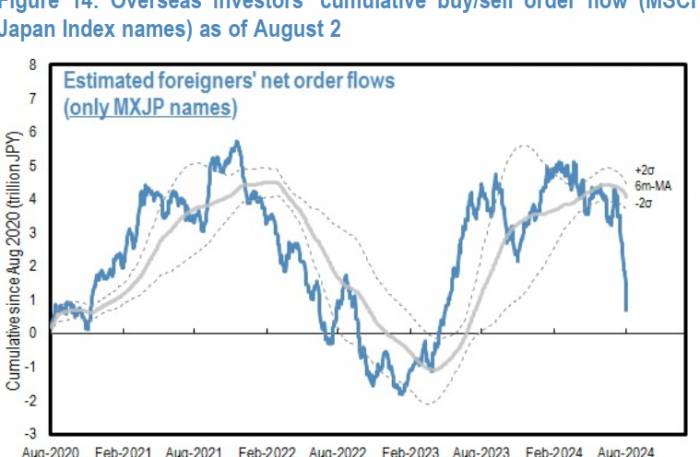











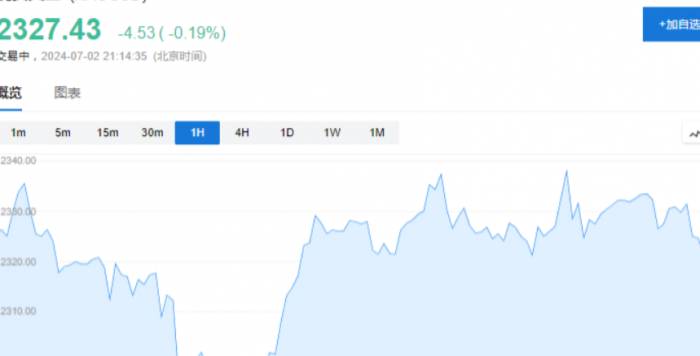


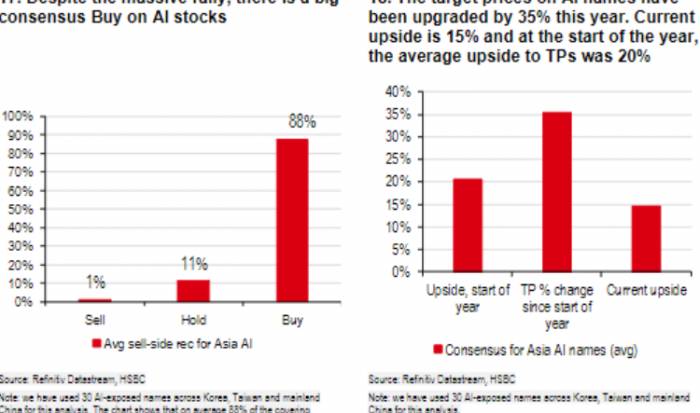


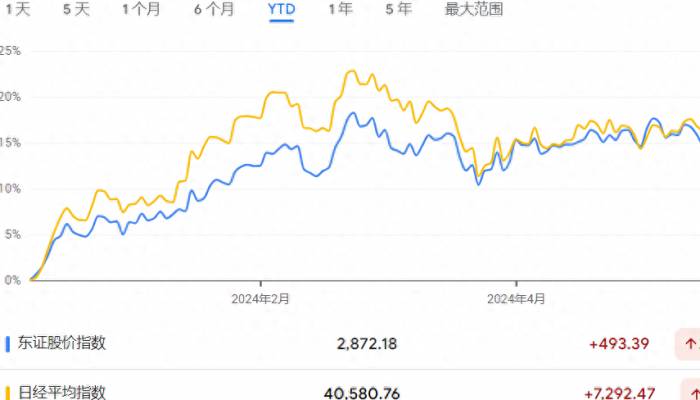

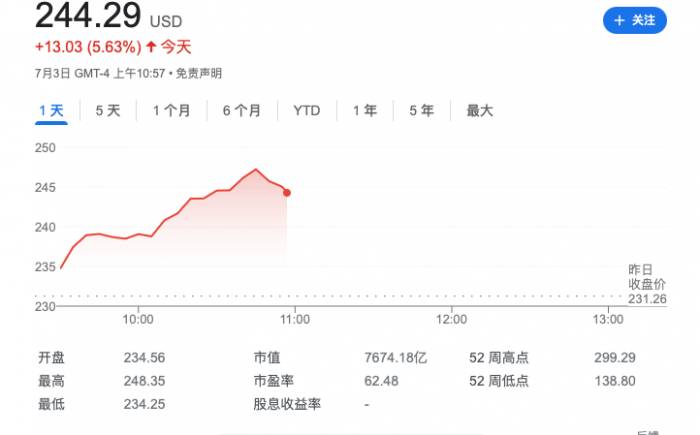




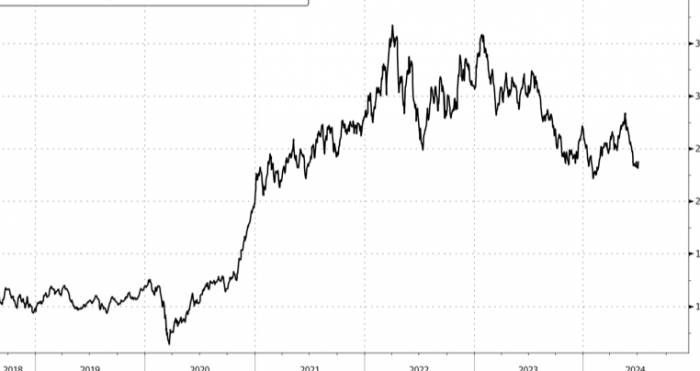



Join the Discussion